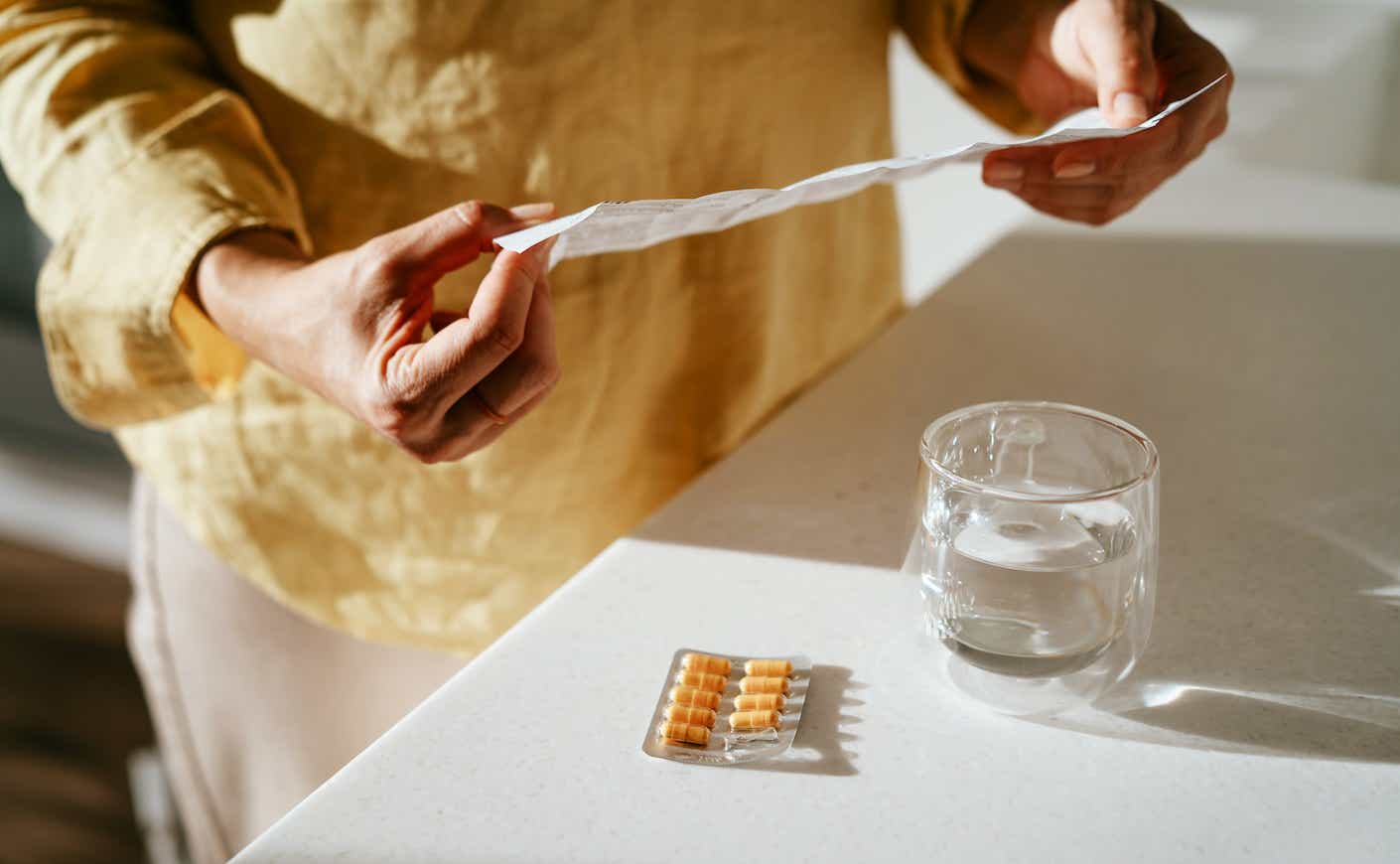Today, the most effective treatment for the symptoms of menopausal women with uteruses is estrogen-progestin hormone replacement therapy; for women who have had a hysterectomy, it’s estrogen-only therapy. Full stop. This isn’t just my opinion. The North American Menopause Society and more than 30 other medical societies agree with this statement. And full disclosure: I have personally been taking HRT for more than 15 years despite a family history of breast cancer, and that’s my choice based upon my personal risk factors and expectations. The North American Menopause Society’s 2022 guidelines for hormone use plainly state that a family history of breast cancer is not a contraindication for taking hormones. In plain English, your risk of getting breast cancer is unchanged by whether you take hormones or not. The overwhelming majority of women who get breast cancer each year are not on hormones and do not have a family history. And in this you should take some comfort: Even if you do get breast cancer while on estrogen and progestin, your risk of dying from breast cancer is unchanged. And in the population of estrogen users versus nonusers, the risk of dying from any cause is 30 percent lower.
After two decades of languishing in purgatory, there is renewed support of HRT. The American College of Obstetrics and Gynecologists endorses it, the North American Menopause Society endorses it, the Endocrine Society, and 30 other national and international medical societies endorse it. They agree that for women who start hormone therapy before age 60 and within 10 years of their last menstrual period, the benefits outweigh the risks. That’s real progress. But this consensus still hasn’t fully restored the confidence around HRT that women and their doctors once had. Whether or not you choose to use systemic menopausal hormone therapy, almost without exception, all women can and should use some form of topical vaginal estrogen to prevent thinning of the vagina, painful sex, and vulvar discomfort, and aid in urinary frequency, urgency, and urinary tract infections.
And let’s be clear: Estrogen is not for everybody. There are some legitimate medical and personal reasons why estrogen may not be right for you. But every woman should get the information they need to decide what’s right for them based on facts, not fear. According to the North American Menopause Society’s 2022 guidelines, the only contraindications for hormone use are:
1. Personal history of breast or estrogen-dependent cancer
2. Undiagnosed vaginal bleeding
3. Active liver disease
4. Personal history of heart attack or stroke
5. Personal history of unprovoked blood clots in the legs or lungs, or a genetic susceptibility for increased clotting (even this has some exceptions; talk to your doctor.)
That’s it. Almost. I would be remiss if I did not mention that some of these contraindications, like breast cancer, are not absolute. For an excellent review of the scientific data on breast cancer and estrogen, I would recommend the book Estrogen Matters by Avrum Bluming, MD, and Carol Tavris, Ph.D. The conversation around estrogen use in cancer survivors is a nuanced one and should be discussed with your doctor — after which, remember, you get to decide. The North American Menopause Society (NAMS) affirms that with informed consent, the ultimate decision is yours. Even for women who have a history of deep vein thrombosis (DVTs) or blood clots, there are ways to benefit from HRT and still minimize the chance of a recurrence. For these women, transdermal estrogen is preferable to oral estrogen.
For everyone else, the discussion to take hormones after menopause should be on the table. The decision about whether to take or not to take hormones should be based upon a conversation between you and your doctor that assesses your personal risk factors, treatment goals, and risk tolerance. You may also talk to trusted friends who can share real-life testimony about its use, but remember that their experience is their experience. It has nothing to do with yours. And let me repeat: There are real-life consequences at stake. If you are flashing and sweating; dressing and undressing; not sleeping — for years — understand that there are significant long-term health effects from that.
Hot flashes, night sweats, and sleeplessness increase your risk of cardiovascular disease and decrease your ability to control your weight. Menopause can affect your mood, your attentiveness, and your ability to do your job and care for your family. When we’re hot and bothered, it impacts not only our lives, but commerce, economics, our communities, and ultimately, society.
Excerpted from Grown Woman Talk by Sharon Malone, MD. Crown Publishing Group, 2024.









